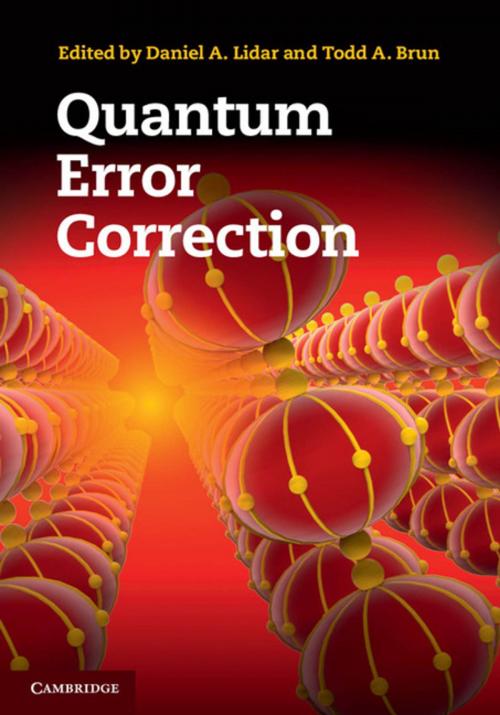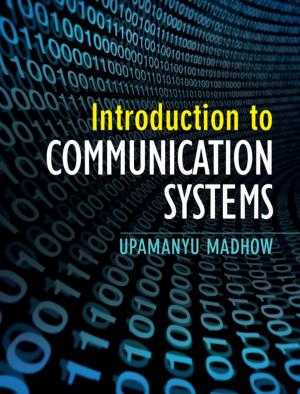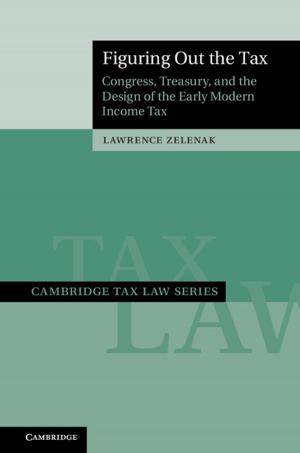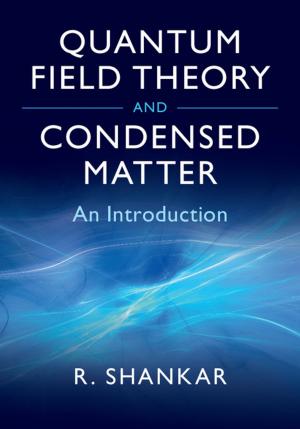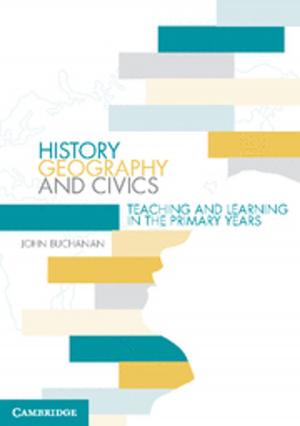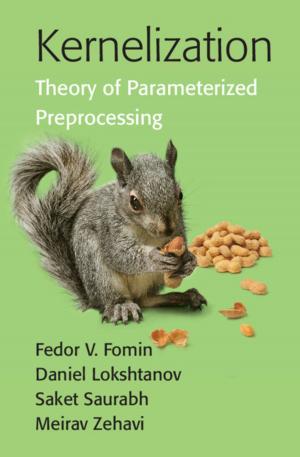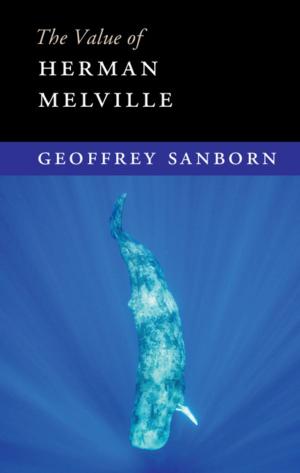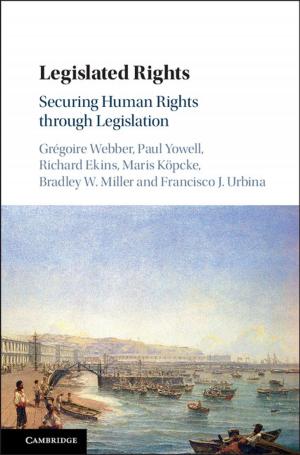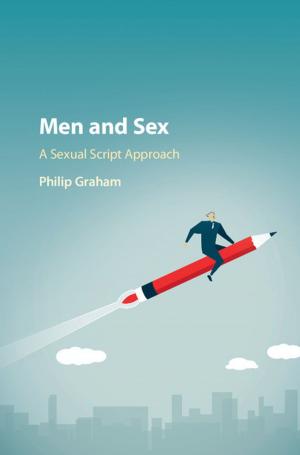Quantum Error Correction
Nonfiction, Science & Nature, Science, Physics, Quantum Theory, Mathematics| Author: | ISBN: | 9781107423831 | |
| Publisher: | Cambridge University Press | Publication: | September 12, 2013 |
| Imprint: | Cambridge University Press | Language: | English |
| Author: | |
| ISBN: | 9781107423831 |
| Publisher: | Cambridge University Press |
| Publication: | September 12, 2013 |
| Imprint: | Cambridge University Press |
| Language: | English |
Quantum computation and information is one of the most exciting developments in science and technology of the last twenty years. To achieve large scale quantum computers and communication networks it is essential not only to overcome noise in stored quantum information, but also in general faulty quantum operations. Scalable quantum computers require a far-reaching theory of fault-tolerant quantum computation. This comprehensive text, written by leading experts in the field, focuses on quantum error correction and thoroughly covers the theory as well as experimental and practical issues. The book is not limited to a single approach, but reviews many different methods to control quantum errors, including topological codes, dynamical decoupling and decoherence-free subspaces. Basic subjects as well as advanced theory and a survey of topics from cutting-edge research make this book invaluable both as a pedagogical introduction at the graduate level and as a reference for experts in quantum information science.
Quantum computation and information is one of the most exciting developments in science and technology of the last twenty years. To achieve large scale quantum computers and communication networks it is essential not only to overcome noise in stored quantum information, but also in general faulty quantum operations. Scalable quantum computers require a far-reaching theory of fault-tolerant quantum computation. This comprehensive text, written by leading experts in the field, focuses on quantum error correction and thoroughly covers the theory as well as experimental and practical issues. The book is not limited to a single approach, but reviews many different methods to control quantum errors, including topological codes, dynamical decoupling and decoherence-free subspaces. Basic subjects as well as advanced theory and a survey of topics from cutting-edge research make this book invaluable both as a pedagogical introduction at the graduate level and as a reference for experts in quantum information science.
